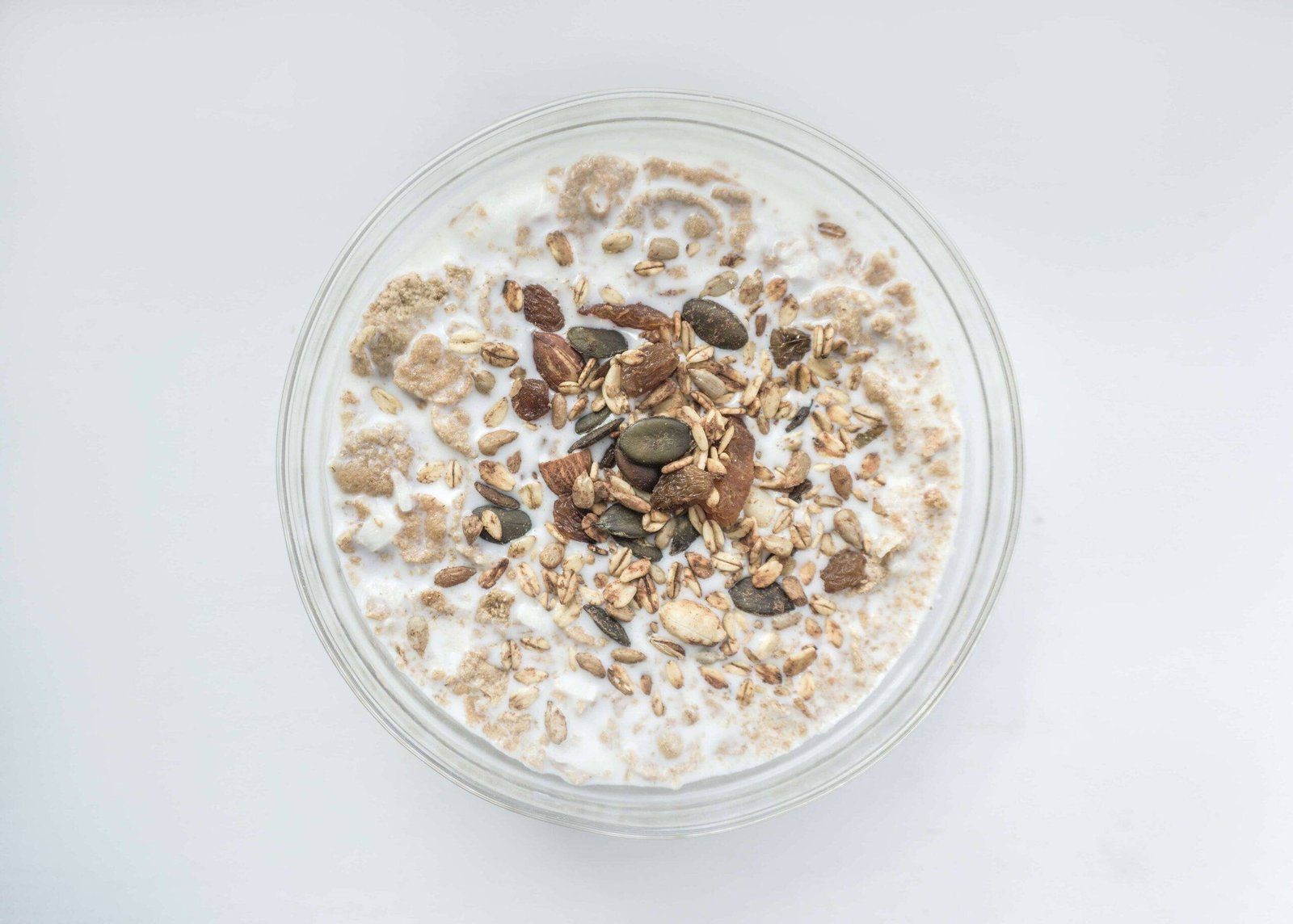Think of the word “health” and close your eyes, what do you imagine? When we say “health”, most people’s minds imagine doctors, hospitals, and medicines. A few others think of tasteless salads and long runs. You are not wrong in the sense that these are things that can contribute to our health, but health is far more than that. At the very foundation, “health” means a “state of being free from illness or injury”.
This means health is simply the state of functioning as you’re ideally supposed to and at optimum levels. Human beings are multifaceted; we function on different internal and external systems and in a myriad of ways. As such our approach to health must also be multifaceted. When we expand our understanding of “health”, we will then see the connections between the different aspects of our lives and how to manage them in relation to each other to be well as often as possible. This approach is what we call “holistic health and wellness”.
A journal in the National Center for Biotechnology Information describes holistic healthcare as the provision of care to patients that are based on a mutual understanding of their physical, psychological, emotional, and spiritual dimensions. There are 5 main areas of our lives that contribute to our holistic health and wellness. Let’s dive into each of them and why they are important
Physical Health and Wellness

This is the area of our life that involves activities that directly affect our physical bodies. If you are thinking about things like sleep, diet, and exercise/movement, you are right. In this area of holistic health and wellness, we more evidently, directly, and empirically see the changes and symptoms in our physical states. Unfortunately, people limit their understanding of health to this area only, mostly because a lot of the healthcare that is easily available and accessible, focuses mainly on this aspect. It is also easier to notice and track because our bodies give us constant physical feedback on how it is feeling. Pain is one example of this.
Emotional Health and Wellness

Emotional health is just as important as physical health. As time goes on, the world is learning to place good emphasis on learning to manage and handle our emotions, especially when dealing with others. There are several books and videos about emotional intelligence. Emotions are simply a feeling caused by our circumstances, the situation we are in, or the people around us. Emotions are another type of feedback that our body gives us – it is our reactivity to things and how we handle/manage them, to deal with stress. If we do not pay attention to and regulate our emotions, over time we develop psychosomatic effects, where we start to plainly show physical symptoms of unease that cannot be traced to a physical cause.
Social Health and Wellness

We have heard time and time again that human beings are social creatures. This means that we crave interaction, engagement, and connection with others. Not only do we love to build relationships with others, but we also NEED to do that. There are different types of relationships that humans share with each other including platonic, romantic, professional, and familial. A healthy social area in one’s life includes having the ability to socially interact with others in a non-toxic manner from time to time and having a supportive community around you. Our social health and wellness are strongly tied to our emotional health and wellness. According to research, some of the happiest people on earth have deep connections with their friends, family, and community.
Spiritual Health and Wellness

Many people in the world practice one religion or another, as a way to remain spiritually active. While this is helpful, one does not necessarily have to subscribe to a specific religion to have spiritual health and wellness. Religion is a practice, routine, or ritual that one performs regularly and frequently as a way to continuously be spiritually active. It is a system of devotion practiced religiously and is a subjective choice. Being spiritual is about knowing your inner self, and connecting it to the outer world around you. It is believing in something bigger than yourself and the unity of all things. The connectivity we learn and feel within our spiritual practices is one of the ways our social health and wellness is linked to our spiritual health and wellness. This is why religion or any other spiritual practices shared with others can provide a deep sense of community and support, no matter what faith a person chooses.
Mental Health and Wellness

Our mental health has to do with our cognitive abilities that affect how our brain functions. It is easy to confuse mental health and wellness with emotional health and wellness. But that is because, again, all things are connected and affect each other. Emotional health and wellness tilt more towards our coping with our feelings while our mental health tilts toward thinking clearly and making sound decisions. It is important to remain healthy in the use of our mental faculties, maintain them in good condition, and use them appropriately so they don’t burn down. Understanding how our day-to-day lives affect our brain chemistry and the effects that it causes goes a long way to managing our mental health and wellness.
Ways to incorporate holistic health and wellness into everyday life
Every day, we need to make sure we are paying sufficient attention to these 5 areas of holistic health and wellness. Each day we must incorporate activities that would contribute to improving our health in each area. Here are some activities you can ensure are a part of your daily routine:
Physical Health Practices
- Sleep for 8 hours at night to give your body time to rest and repair from the day’s activities.
- Eat a nutrient-dense diet that is high in organic plant-based foods and limit processed foods
- Move your body for at least 30 minutes each day.
Emotional Health Practices
- Attend therapy when you feel overwhelmed by your emotions and cannot handle them alone
- Try to be mindful in each moment of how you are feeling and responding to your environment and others around you
- Record your thoughts and feelings in a journal as a way to track and monitor your emotional patterns and reactions.
Social Health Practices
- Apart from virtual connection, make time for in-person hangouts and activities either one-on-one or in a group.
- Find ways to involve yourself in your local community whether through religion, volunteer service, or projects.
- Create and respect boundaries for yourself when it comes to engaging with people in your life
Spiritual Health Practices
- Spend time walking, sitting in, or observing nature
- Meditate a few minutes each day
- Take time out of your day to practice your religious faith
Mental Health Practices
- Keep an active mind by challenging your brain through continuous learning and problem-solving practices
- Plan and set goals and priorities, actively work towards them each day, and evaluate them afterward
- Give your mind regular breaks from thinking and processing
What are some ways you involve yourself in activities that incorporate these 5 aspects, of your daily life? Share with us in the comments!





